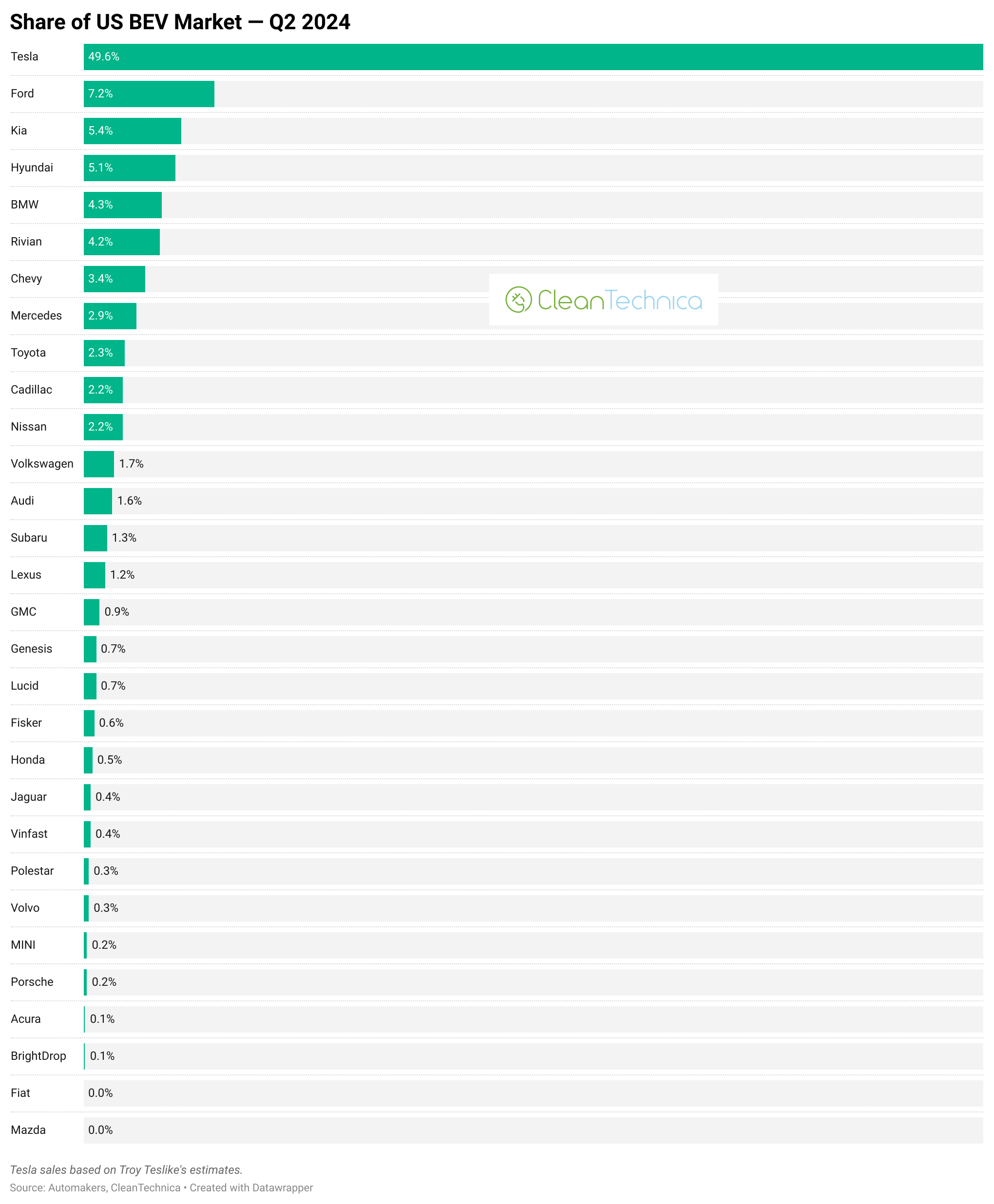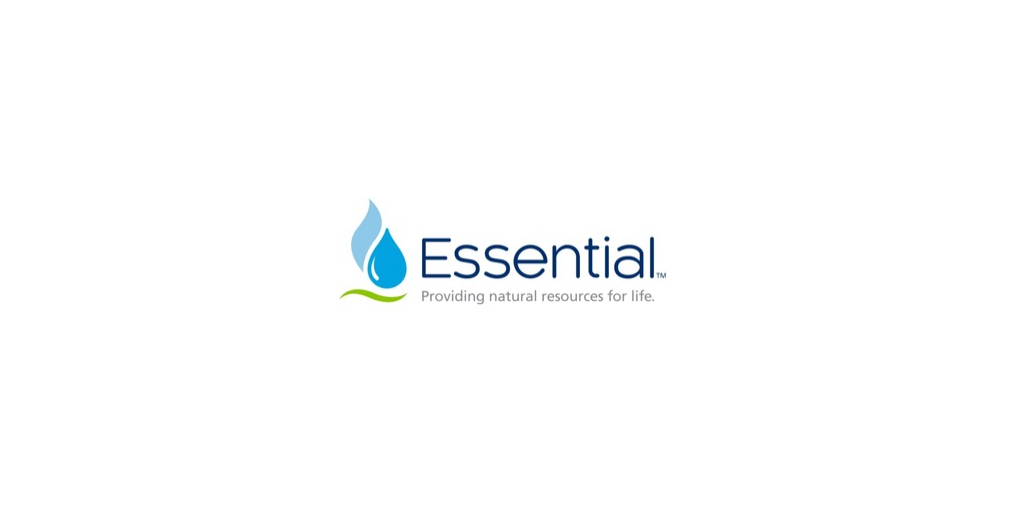Sign up for daily news updates from CleanTechnica on email. Or follow us on Google News!
Salesforce, aiming to help guide policymakers with regulating the rapidly evolving AI landscape, today released some recommendations and policy principles. In addition, Salesforce is supporting five organizations to develop AI-focused climate solutions, focusing on mitigation, adaptation, resilience, and finance.
The company has rolled out its Sustainable AI Policy Principles, a framework aimed at guiding AI regulation to minimize environmental impact and spur climate innovation. Salesforce has also selected five new nonprofits for its Salesforce Accelerator — AI for Impact, which focuses on climate action. This accelerator cohort will empower purpose-driven organizations to leverage AI solutions in addressing the urgent challenges of climate change.
“We’re excited to support climate nonprofits who are committed to sustainable and equitable AI innovation. Setting clear policies to guide and advocate for responsible AI development is also crucial for our company and our ecosystem of ecopreneurs, partners, and customers. Together, we can accelerate efforts to ensure technology benefits everyone, everywhere,” said Suzanne DiBianca, EVP and Chief Impact Officer at Salesforce.
CleanTechnica will be hosting Suzanne on the CleanTech Talk podcast in the next few weeks, so if you have some questions on this topic, please send them along!
Why it matters: Prioritizing responsible AI development allows organizations to make a positive impact with the technology while ensuring equity and sustainability stay at the forefront of their efforts.
- AI equity promotes fairness and inclusivity, mitigates biases, and works to reduce disparities in access to the technology.
- Sustainable AI practices reduce energy consumption and minimize its environmental impact.
Go deeper on the principles: The new Sustainable AI Policy Principles build on Salesforce’s commitment to advocate for clear and consistent science-based policies for a just and equitable global transition to a 1.5 degree future.
- As part of the company’s broader commitment to sustainability, the principles offer clear best practices for lawmakers and regulators adopting sustainable AI regulations, including:
- How to manage and mitigate the environmental impact of AI models, making sure the technology is developed in a way that supports a sustainable future.
- Ideas to spur climate innovation with policies that can incentivize and enable the environmental application of AI.
- Salesforce is also the first technology company to support the Transformational AI to Modernize the Economy (TAME) legislation, aimed at promoting the adoption and implementation of AI to better predict and respond to extreme weather.
Behind the accelerator: As part of the new AI for Impact cohort, Salesforce is supporting climate nonprofits with technology, investments, and philanthropy to help them create AI solutions that benefit the planet.
- Combined with product donations and $2 million in shared funding, the five organizations aim to create AI-powered initiatives to fight climate change.
- The first five participants in the AI for Impact Accelerator will develop solutions in three critical areas:
- Climate mitigation: Reducing emissions and enhancing carbon sinks.
- Climate adaptation and resilience: Strengthening communities’ ability to adapt and reducing vulnerabilities to climate change.
- Climate finance: Connecting communities with funding sources for climate initiatives.
- These organizations will also benefit from a year of pro bono consulting from Salesforce experts in strategy, planning, responsible AI use, data strategy, and technical architecture.
One of these organizations, Groundswell, provides equitable solar projects and clean energy programs require tailoring and personalized community engagement. By augmenting its capacity with AI through this Salesforce program, Groundswell will tailor programs, customer service, and direct funding to energy savings programs to cut household energy burdens in half and drive equitable access to renewable energy, supporting 172 megawatts of community solar over five years.
“We’re thrilled and very grateful to join the Salesforce Accelerator — AI for Impact. It’s a game-changer for Groundswell, empowering us to expand our community solar and energy efficiency initiatives to meet this moment of unprecedented opportunity. We build community power, we are ready to scale, and integrating AI into our strategies will propel us toward our vision,” said Michelle Moore, CEO of Groundswell.
Other accelerator participants include:
- Climate Collective Foundation: As the largest non-governmental climate tech startup accelerator in the Global South, Climate Collective Foundation will build an AI-powered platform to streamline and catalyze the climate tech startup investment process. This platform aims to more effectively match ecopreneurs with climate finance opportunities.
- Good360: In the wake of climate-related disasters, Good360 donates supplies to communities in need. It will leverage AI to optimize the logistics, matching, shipping, and delivery of over 16,000 truckloads of goods worth over $3 billion, ultimately reducing its carbon footprint by diverting goods from landfills to people who need them.
- Ocean Risk and Resilience Action Alliance (ORRAA): “Global investment into sustainable and regenerative ocean initiatives is increasing, yet the market remains fragmented,” according to ORRAA. That’s why ORRAA is collaborating to develop “The Octopus Desk,” a global blue finance marketplace that uses AI to match investors with projects and identify sites to build resilience for 250 million climate-vulnerable coastal people by 2030.
- WattTime: “Changes to how we use energy, strategically siting wind and solar, and selecting suppliers thoughtfully, could save over 9 gigatons of carbon dioxide (CO2) annually, yet awareness and technical understanding of these simple solutions is limited,” according to WattTime. WattTime will create an “AI Assistant” to boost its team’s capacity by providing self-service access to articles, tutorials, and FAQs, allowing it to reach more organizations and achieve exponential CO2 savings.
CleanTechnica salutes Salesforce for this commitment to fairness and equitability in the AI revolution, and for pushing for and supporting climate solutions powered by AI. Kudos, Salesforce!
Photo by Steve Johnson on Unsplash
Have a tip for CleanTechnica? Want to advertise? Want to suggest a guest for our CleanTech Talk podcast? Contact us here.
Latest CleanTechnica.TV Video
CleanTechnica uses affiliate links. See our policy here.




